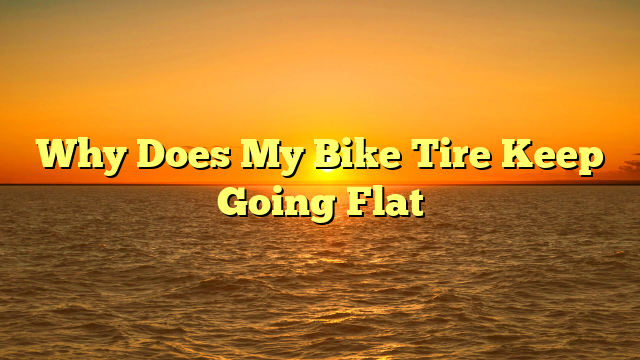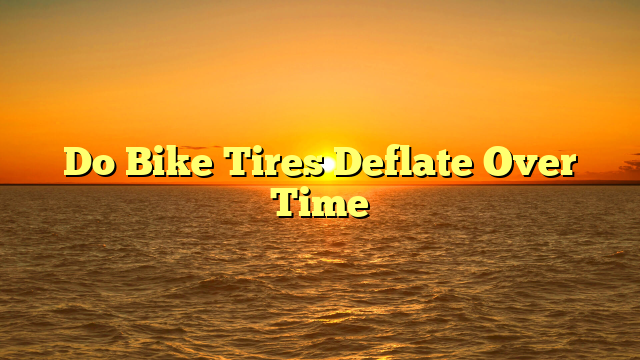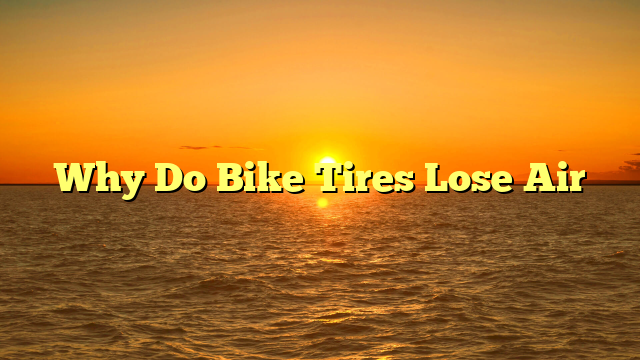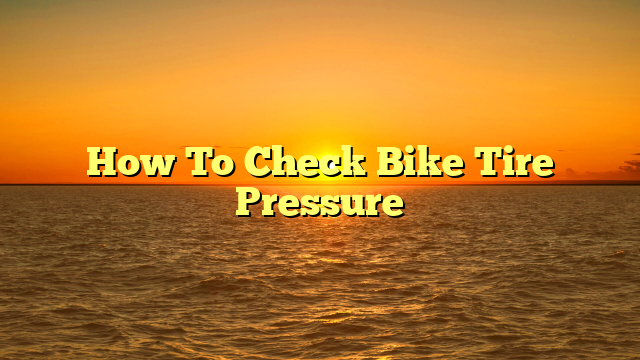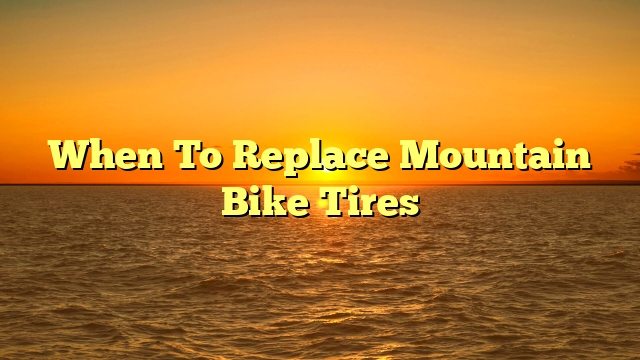Why is your bike tire constantly popping?
It’s not only frustrating but can also be dangerous.
In this article, we’ll explore the common reasons behind it and provide you with tips to prevent it from happening again.
Let’s uncover the mystery of Why Does My Tire Keep Popping.
Your tire may be popping due to reasons such as lack of air pressure, overinflation, punctures, worn treads, or hitting potholes.
In this article, we’ll dive deeper into the reasons why your tire keeps popping and how to prevent it from happening in the future.
Table of Contents
Key Takeaways
- Check your tire pressure regularly.
- Inspect your tires for punctures and remove any debris immediately.
- Don’t overload your vehicle with too much weight.
- Replace old tires, especially if they are more than six years old.
- Invest in high-quality tires to prevent frequent replacements.
- Cheap tires are more prone to popping and may cost you more in the long run.
- Tire popping can be dangerous, so it’s important to take preventative measures.

Why Does My Bike Tire Keep Popping: Common Causes of Tire Popping
There are several reasons why your tire might keep popping.
Here are the most common ones:
1. Low Tire Pressure
When your tire is underinflated, it puts more pressure on the sidewalls, causing them to weaken and eventually pop.
This is especially true for tires that are designed to operate at high pressures, like those on sports cars.
Read: What psi should road bike tires be?
2. Punctures
Punctures are a common cause of tire popping.
They can be caused by sharp objects on the road, like nails, glass, or rocks.
If you drive on a punctured tire, it can cause further damage to the tire, eventually leading to a blowout.
3. Overloading
If you carry too much weight in your vehicle, it can put too much pressure on your tires, causing them to overheat and eventually pop.
This is especially true for vehicles that are not designed to carry heavy loads, like small cars or SUVs.
4. Age
Tires have a limited lifespan, and as they age, they become more prone to popping.
This is because the rubber in the tire dries out and becomes brittle, making it more likely to crack and eventually pop.
5. Poor Quality Tires
Cheap tires are more prone to popping than high-quality ones.
This is because they are often made with inferior materials and are not tested as rigorously as more expensive tires.
Solutions to Tire Popping
Now that you know the common causes of tire popping, here are some solutions to prevent it:
1. Check Your Tire Pressure Regularly
Make sure to check your tire pressure regularly, at least once a month.
You can find the recommended pressure for your tires in your vehicle’s owner’s manual or on the tire itself.
Use a tire pressure gauge to ensure your tires are inflated to the correct pressure.
Learn more about gravel tires on a road bike.
2. Inspect Your Tires for Punctures
Inspect your tires regularly for signs of punctures.
If you see any nails, glass, or rocks stuck in your tire, remove them immediately.
If you have a puncture, get it repaired as soon as possible to prevent further damage.
3. Don’t Overload Your Vehicle
Make sure not to overload your vehicle with too much weight.
Check your owner’s manual for the maximum weight your vehicle can safely carry.
If you need to carry a heavy load, consider renting a trailer or using a different vehicle.
4. Replace Old Tires
If your tires are more than six years old, it’s time to replace them.
Even if they look fine, the rubber may be brittle and prone to popping.
When buying new tires, make sure to choose high-quality ones that are designed for your vehicle.
5. Invest in Quality Tires
Investing in high-quality tires may cost more upfront, but it can save you money in the long run.
High-quality tires are more durable and less prone to popping, which means you’ll have to replace them less often.
High-quality tires vs. cheap tires:
| Feature | High-Quality Tires | Cheap Tires |
|---|---|---|
| Durability | Made with superior materials and construction | Made with inferior materials and construction |
| Tread Life | Longer tread life, meaning they last longer before needing to be replaced | Shorter tread life, meaning they need to be replaced more frequently |
| Performance | Better performance in terms of handling, braking, and cornering | Lower performance in terms of handling, braking, and cornering |
| Safety | Safer, as they are less prone to blowouts and other tire failures | Less safe, as they are more prone to blowouts and other tire failures |
| Price | More expensive upfront, but it can save you money in the long run | Cheaper upfront, but may end up costing you more in the long run due to frequent replacements |
Final Verdict
Tire popping can be frustrating and dangerous.
The most common causes of tire popping are low tire pressure, punctures, overloading, age, and poor-quality tires.
To prevent tire popping, make sure to check your tire pressure regularly, inspect your tires for punctures, don’t overload your vehicle, replace old tires, and invest in quality tires.
By following these simple steps, you can avoid the hassle and danger of a popped tire.
Useful Links:

